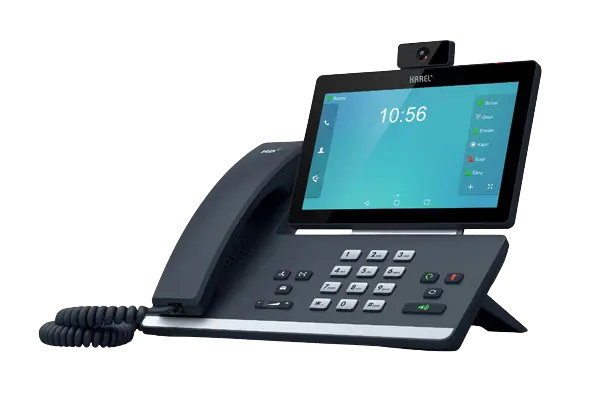VoIP stands for Voice over Internet Protocol. It is a technology that allows you to make voice calls using a broadband Internet connection instead of a regular (or analog) phone line. VoIP works by converting your voice into digital data packets, which are then transmitted over the Internet to the recipient. At the recipient's end, these digital packets are converted back into sound, allowing for two-way voice communication. VoIP can be used on various devices, including computers, VoIP phones, and mobile devices with VoIP apps.
Cost Savings: VoIP typically costs less than traditional phone services, especially for long-distance and international calls. Many VoIP services offer free calls between users on the same network.
Flexibility and Mobility: VoIP allows users to make and receive calls from anywhere with an Internet connection, making it ideal for remote work and travel. VoIP services can be used on various devices, including computers, smartphones, and VoIP phones.
Advanced Features: VoIP services often come with advanced features such as voicemail, call forwarding, call waiting, video calls, and conference calling at no additional cost.
Scalability: VoIP systems are easily scalable, making it simple to add or remove lines as needed, which is particularly beneficial for growing businesses.
